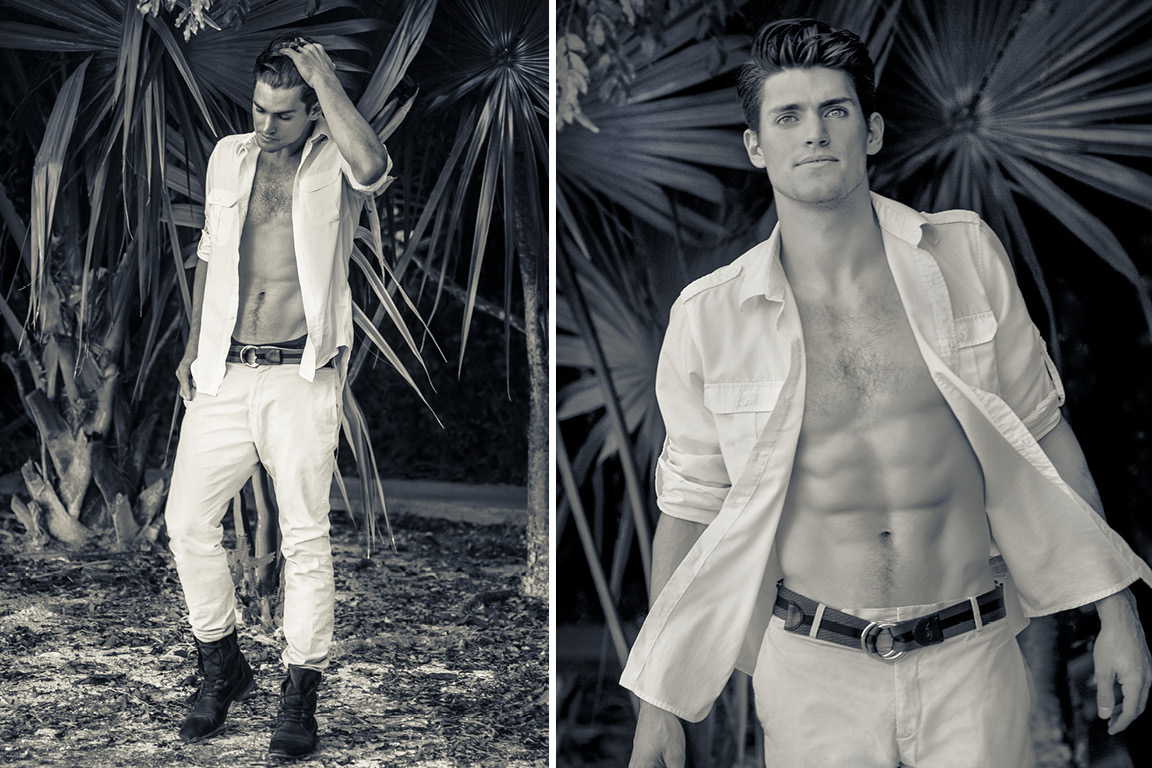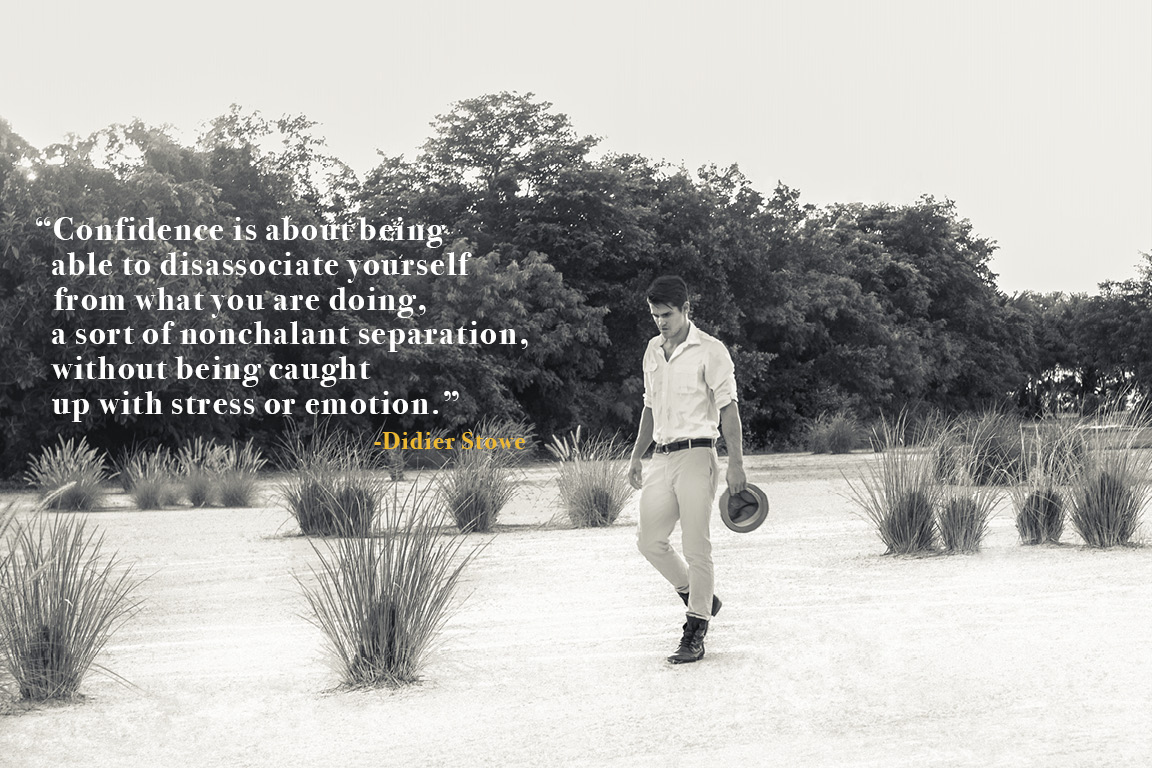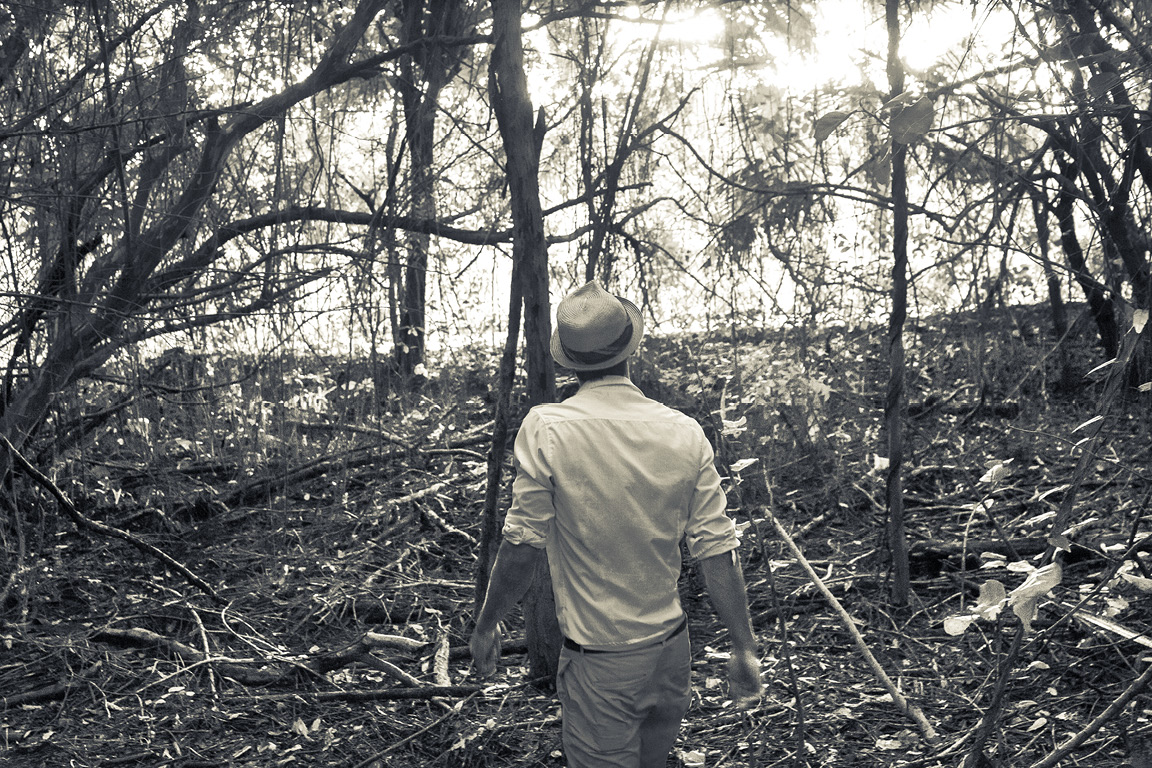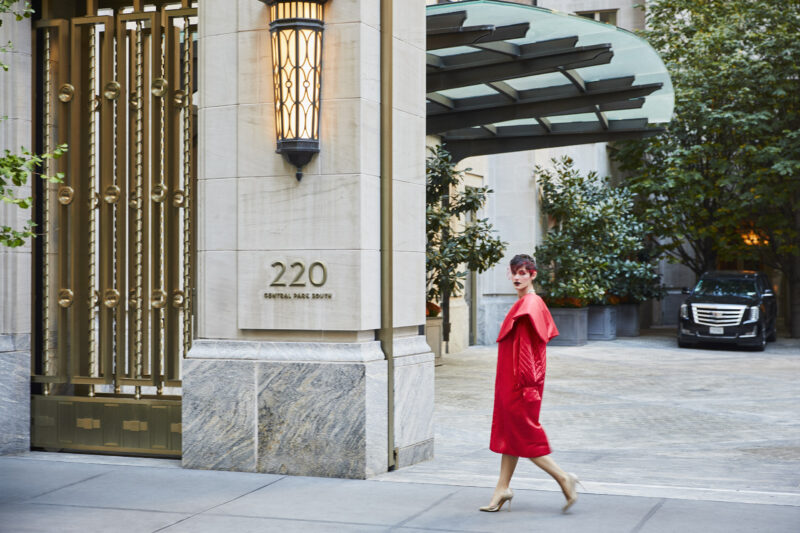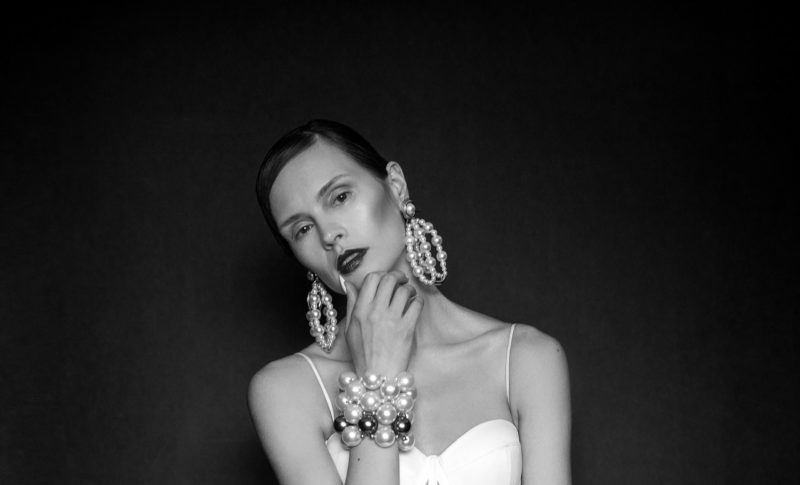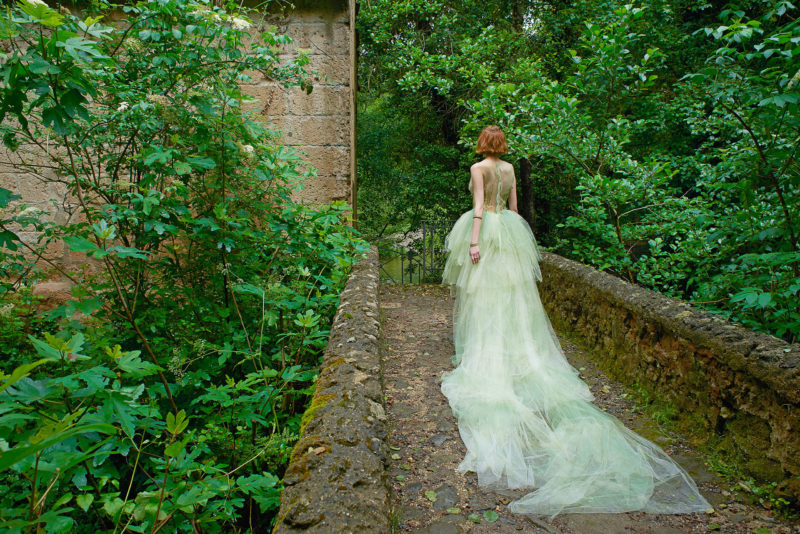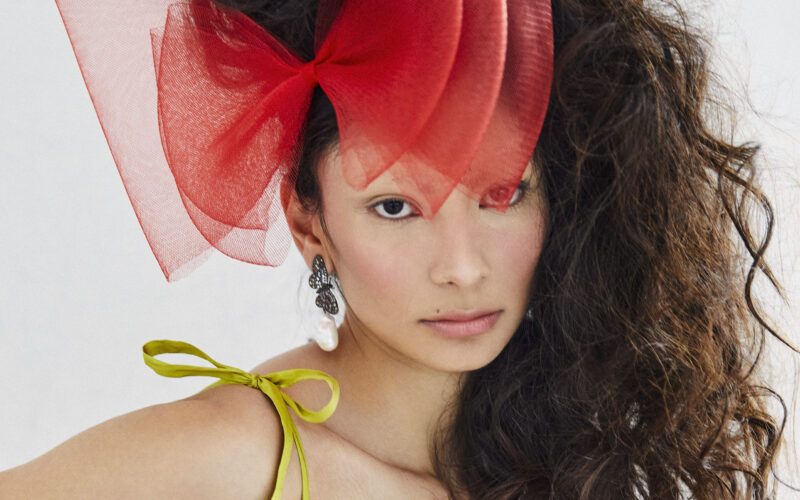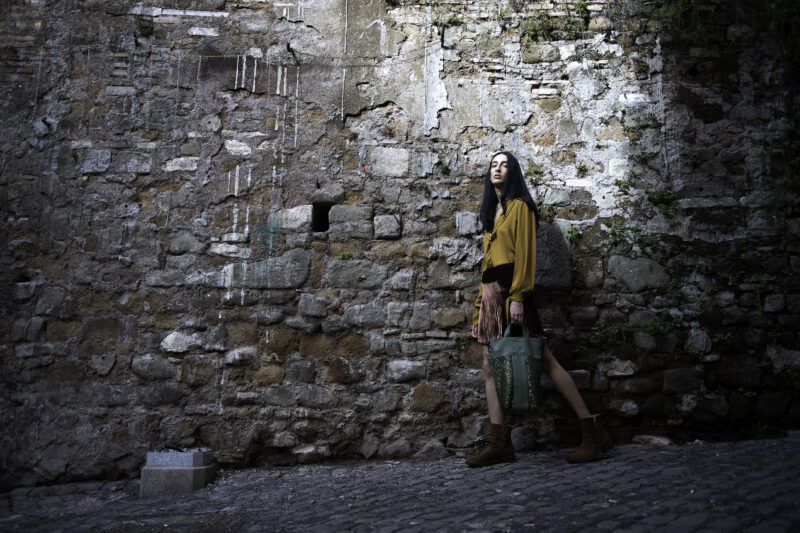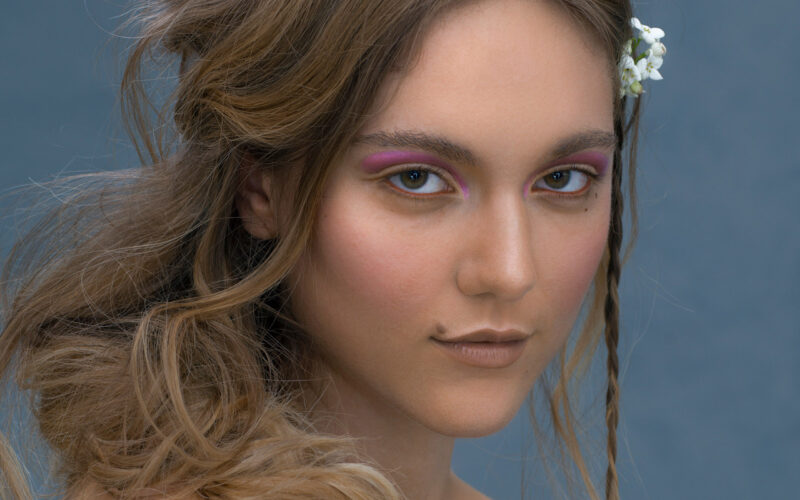FM: Didier Stowe, who are you?
DS: That is a deep question. I am on a mission where I try to refine things I am doing. I can definitely define myself as an artist I seek a lot of self expression. I grew up with a lot of high expectations on myself to accomplish things. I am a circus acrobat for Joya by Cirque du Soleil on the Mayan Riviera in Mexico and I am a musician. I may never be fully satisfied, but the journey, the learning process is the end result. This is what makes you who you are. You may not have foreseen the path to the goal. It may never fully show itself.
FM: The perfection element is very much part of the neurosis of being an artist. These journeys that we do become a patchwork of what we become…
DS: Yes, totally. I am truly discovering myself as a performer learning to accept my limitations in a sense, trying to deliver something every night to the audiences. I want to share emotions of how I hold and share some values and qualities that I deem to be important.
FM: What are the qualities you hold high?
DS: The first one is gratitude. Then showmanship and confidence and attention to detail. I try to transcend during the trampoline wall act and with my music as well. Confidence is about being able to disassociate yourself from what you are doing, a sort of nonchalant separation, without being caught up with stress or emotion. I am who I am right now and if am solid I don’t need to be bothered by anything external or stress about the future.
FM: What are you influences?
DS: Felix Di Pasquale is a big influence. I did shows with him and he made things look so easy. You can do the hardest thing, but the audience might not necessarily understand this. It’s more about the audience and having a sense of timing and character. Working with him I developed and entire style and these ways of falling. It was really fun. Daniele Finzi Pasca is another influence. He definitely touched me in ways that no-one had done before. He gets you down to the emotions. Another influence is I watch live musicians perform.
FM: The conversations with ourselves and realizing that you are an artist is important. Did you ever dream of running away with the circus?
DS: No never! When I was younger I wrote three things on my mirror: First, going to the Olympics, second, being a rockstar and third to graduate from University. I’m kind of being a rockstar on the wall.
FM: You are deep into your experience as an artist. When I saw you on stage I was really taken by how you are doing all these wonderful things with your body that many people can never even dream of doing. What does it mean to defy gravity?
DS: It is more about being a gymnast. The first thing I discovered when I started making shows is that I can blow peoples minds. I think that is the very first layer. I used to work for these classical small circuses in Saudi Arabia with high diving. I was standing on a 100 ft tower and I would dive into a 10 ft tank. That was my job and my first experience with the circus.
FM: There is something so poetic about falling, tell me more. You are loosing control, but you have control…
DS: Falling is my discipline. When you have the wall it gives you this other framework and within it you can actually discover more things. Doing straight tramp without the wall is almost too much freedom. Because you have the wall that structures you, you can fall a little however, as long as you have that wall to come back on. I can completely be free and let myself fall off, as long as I can reach out and touch the wall with one finger, that’s what is going to center me again. Then I know everything is alright.
FM: The adrenaline rushing through, the applauses and the standing ovations. It must be addictive?
DS: I was thinking to myself, why am I doing this? It’s stupid, I could kill myself, even climbing the tower! It is such a adrenaline rush. It’s almost surreal and a little bit above yourself. Reaching out to someone and being able to do blow peoples minds is all I want to do.
FM: Feeding off the energy of the audience and yet being able to disassociate. Creating, delivering and then letting it go. How do you negotiate the high and the lows and the places in between as an artist?
DS: It is pretty interesting, you learn to separate yourself. When you are in the high you take a moment and say: thank you that was awesome! When you are young and you start off, maybe its a bit addicting. If you are not on tour, you get a bit of a down, you may feel you need to get back on tour and do shows.
FM: Circus as a tribe?
DS: What I have seen in circuses is the sense of family and community. Everyone invests and it used to be that artists cooked for each other. Each of our roles are interdependent. We are in it together and you’re not giving your hundred percent, you’re making it hard for the other performers that are coming in after you.
FM: How did you get into the circus?
DS: It is easy to fall into the circus if you are doing the trampoline. In Montreal there are a lot of shows and companies that offer to pick you up. After the high-diving, I got in to a snowboard accident, where I dislocated my shoulder. At that point I remember thinking I need to refocus… and that was getting into the Olympics.
FM: The Olympics!
DS: I had total focus. I told myself every day to make everything possible from the moment I wake up to the moment I got to bed, there can be no efforts for any other objective than the trampoline. It was a huge switch. It was actually one of the most happiest moments in my life that I remember. All I was doing was I was waking up and doing visualizations and training. Just living for that one thing. Everything else was completely blocked out. It may seem selfish, but that’s all I was doing. I moved to New Jersey and trained six hours a day. At one point I realized my body couldn’t follow, I couldn’t keep up. To this day I wonder perhaps I broke mentally as well. That is when I really looked at my life realistically. The olympics were coming. Could I find other ways to seek out my goals, hard work and dedication in this circus discipline? So I completely shifted my attention to circus. Eventually are other things came around, I started working with the A Muse for Seven Fingers, Les 7 doigts de la main. That’s when I discovered that there is much more than the technical. It is so much fun to be challenged.
FM: How is creation for Cirque? How are you part of it?
DS: Someone said the creative process can’t be democratic. There will always be a leader. When it comes to companies like Cirque there is so much money at stake. Everything has to be determined before. You can’t be asking everyone what they think. It would be time consuming and cost too much. They can’t allow directors to doubt themselves. That makes the producer look bad. There is not that much room for risk taking, unfortunately.
FM: How do you decide on what to do next?
DS: It is a bit of a juggling between financial security versus artistic expression. Should I stay in contract or seeking something else? It would be great to make an entire experience, combining the music with the circus, to transcend through my music. I surround myself every day with the tools. Eventually I like to combine more and offering more of a skillset. There is more to it, an entire theatre experience for the viewers, using the maximum of your capacities on stage.
FM: You were a model for a while, how was that experience for you? Is it connected at all?
DS: No not at all to be honest, I was never a huge fan of modeling. I didn’t want to just be a body. I didn’t like that aspect of it. When it feels like I can deliver more. There was no depth to it.
FM: What was your experience for this shoot like?
DS: It was cool. I was feeling in my element, it was fun, because it felt like myself. It was a lot of fun to shoot with you and we used some of my personal stuff, my guitar and we brought my lucky knife. My mom gave it to me, she got into this habit of always bringing me back small pocket knives from different places where she traveled. That one was a rustic gorgeous one she got in France. Like now you are trying to connect to story behind it, that is a different experience, something that I would have enjoyed more.
FM: And now we are are bringing both of those elements into it, you in your element and your story. What do you like about knives?
DS: When I was younger it gave a sense of responsibility, adulthood and power. A symbol that gives a sensation of being able to do things.
FM: How do you connect with your body?
DS: My body is trained in a specific way. So I have a certain repertoire of movements. So you can go within that. You try to get into a zone you body knows and let it happen through your body. Mindfulness and being. Eliminating this idea of ego, where you want to surpass that, just sticking to this is how it is done. The connection to the body, it knows what to do.
FM: So, who are you?
DS: I am all my discoveries. I am who I am right now.
FM: How is life in the jungle?
DS: It’s secluded and it’s peaceful. You take what you got and what you got here is the peacefulness. It is an opportunity to get work done, to learn a language, an instrument, to work on yourself and to focus in.

